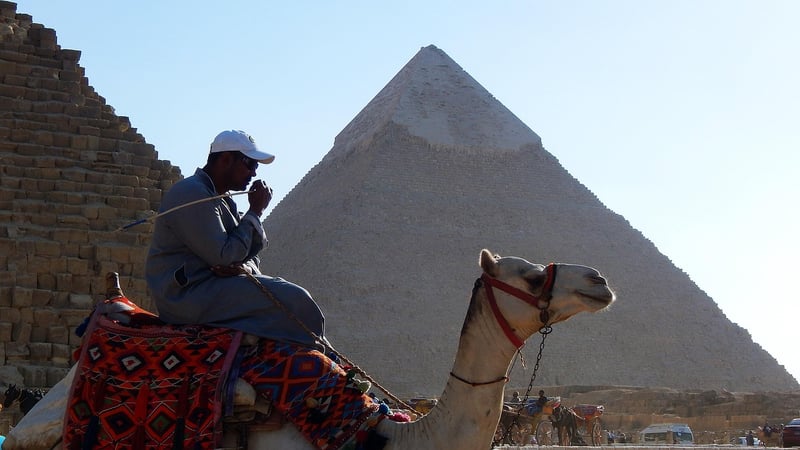Future World Exploration
Exploring Different Eras and Future World Exploration
Introduction
Embarking on a journey through time allows us to delve into the rich tapestry of history while also sparking our imagination about what the future may hold. Let's explore different eras and the exciting prospects of future world exploration.
Ancient Era
The ancient era encapsulates civilizations such as the Egyptians, Greeks, Romans, and Mayans. These societies laid the foundations for art, architecture, philosophy, and governance that still influence us today. Discovering their monuments, artworks, and cultural practices provides a glimpse into the past's magnificence.

Medieval Era
The medieval era conjures images of knights, castles, and feudalism. It was a time of chivalry, feudal allegiances, and significant advancements in architecture and art. Exploring medieval ruins, such as castles and cathedrals, allows us to witness the resilience and creativity of our ancestors.

Modern Era
The modern era ushered in industrialization, scientific progress, and globalization. From the Renaissance to the Industrial Revolution and beyond, this era witnessed unprecedented change. Exploring the innovations of the modern era, such as steam engines, telecommunication devices, and modern art, helps us appreciate how far we have come.

Future World Exploration
As we look to the future, space exploration, artificial intelligence, and sustainable living dominate our aspirations. Imagining a future where humans colonize Mars, interact with AI companions, and harness renewable energy sources fuels our curiosity and drives innovation. The possibilities of the future are limited only by our imagination.

Conclusion
Exploring different eras provides us with a profound appreciation for human achievements and the evolution of society. Simultaneously, contemplating future world exploration ignites our creativity and motivates us to push the boundaries of what is possible. Let's continue to explore the past, present, and future with wonder and curiosity.
